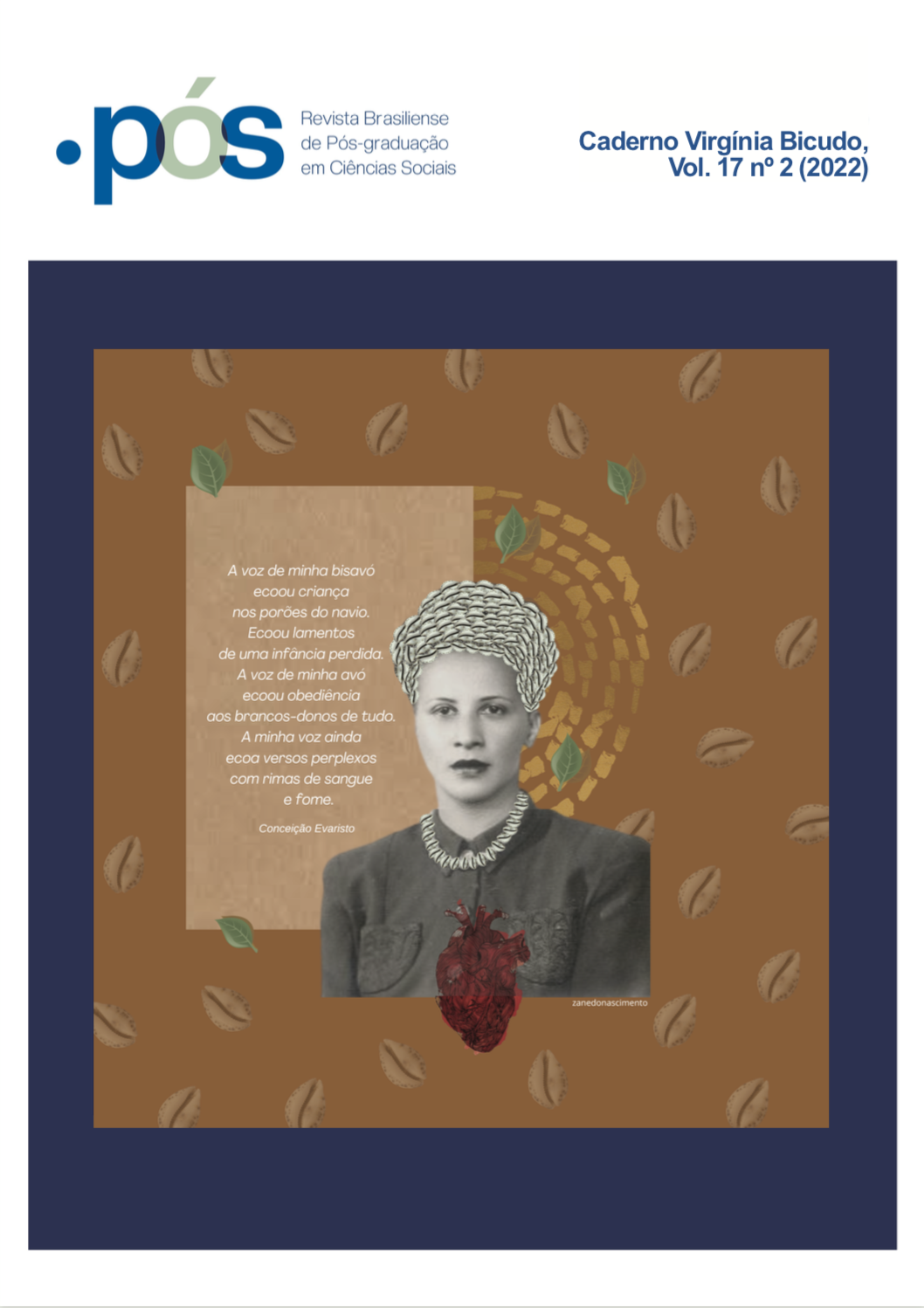Afirmative Actions and Positionalities
whose struggle is this?
Keywords:
Negras Antropologias, Raça, Posicionalidade, InterseccionalidadeAbstract
This lecture was given by the black anthropologist Luciana de Oliveira Dias at V Negras Antropologias, an event organized by the Zora Hurston Collective. From a critical and intersectional look at racism in Brazil, Luciana seeks to support the struggle for anti-discriminatory and reparative agencies, such as armative action policies for admission to universities. Which already demonstrate ethical, aesthetic and epistemic eectiveness, including, largely due to the contributions of black women from the position of outsider within in the social reality. Therefore, it is the responsibility of this entire society to undertake an anti-racist, anti-patriarchal, anti-capacitatist, anti-lgbtphobic, in short, anti-discriminatory struggle, in the search for social justice and the realization of human rights, without forgetting the protagonism of the plaintiffs.
Downloads
References
COLLINS, Patricia Hill. Aprendendo com a outsider within: a significação sociológica do pensamento feminista negro. Revista Sociedade e Estado, Brasília, v.31, n.1, p. 99-127, jan./abr. 2016.
DIAS, Luciana de Oliveira. Quase da Família: corpos e campos marcados pelo racismo e pelo machismo. Revista Humanidades e Inovação, v.6, n.16, p. 8-12, 2019.
EVARISTO, Conceição. Becos da memória. Rio de Janeiro: Pallas, 2017.
GONZALEZ, Lélia. Racismo e sexismo na cultura brasileira. In: UCPA. Lélia Gonzalez: primavera para as rosas negras. São Paulo: UCPA Editora, 2018.
Downloads
Published
How to Cite
Issue
Section
License
Copyright (c) 2022 Pós - Revista Brasiliense de Pós-Graduação em Ciências Sociais

This work is licensed under a Creative Commons Attribution-NonCommercial-NoDerivatives 4.0 International License.













